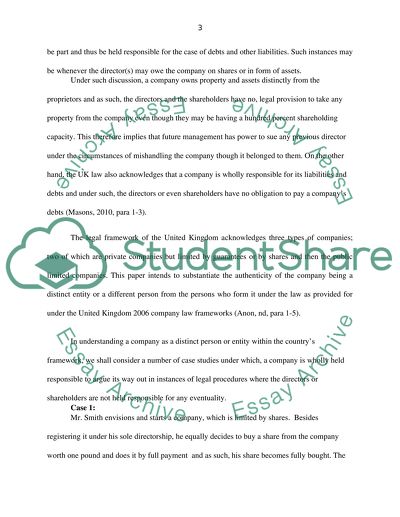Cite this document
(“Company law Essay Example | Topics and Well Written Essays - 1500 words - 3”, n.d.)
Company law Essay Example | Topics and Well Written Essays - 1500 words - 3. Retrieved from https://studentshare.org/law/1481528-company-law
Company law Essay Example | Topics and Well Written Essays - 1500 words - 3. Retrieved from https://studentshare.org/law/1481528-company-law
(Company Law Essay Example | Topics and Well Written Essays - 1500 Words - 3)
Company Law Essay Example | Topics and Well Written Essays - 1500 Words - 3. https://studentshare.org/law/1481528-company-law.
Company Law Essay Example | Topics and Well Written Essays - 1500 Words - 3. https://studentshare.org/law/1481528-company-law.
“Company Law Essay Example | Topics and Well Written Essays - 1500 Words - 3”, n.d. https://studentshare.org/law/1481528-company-law.


